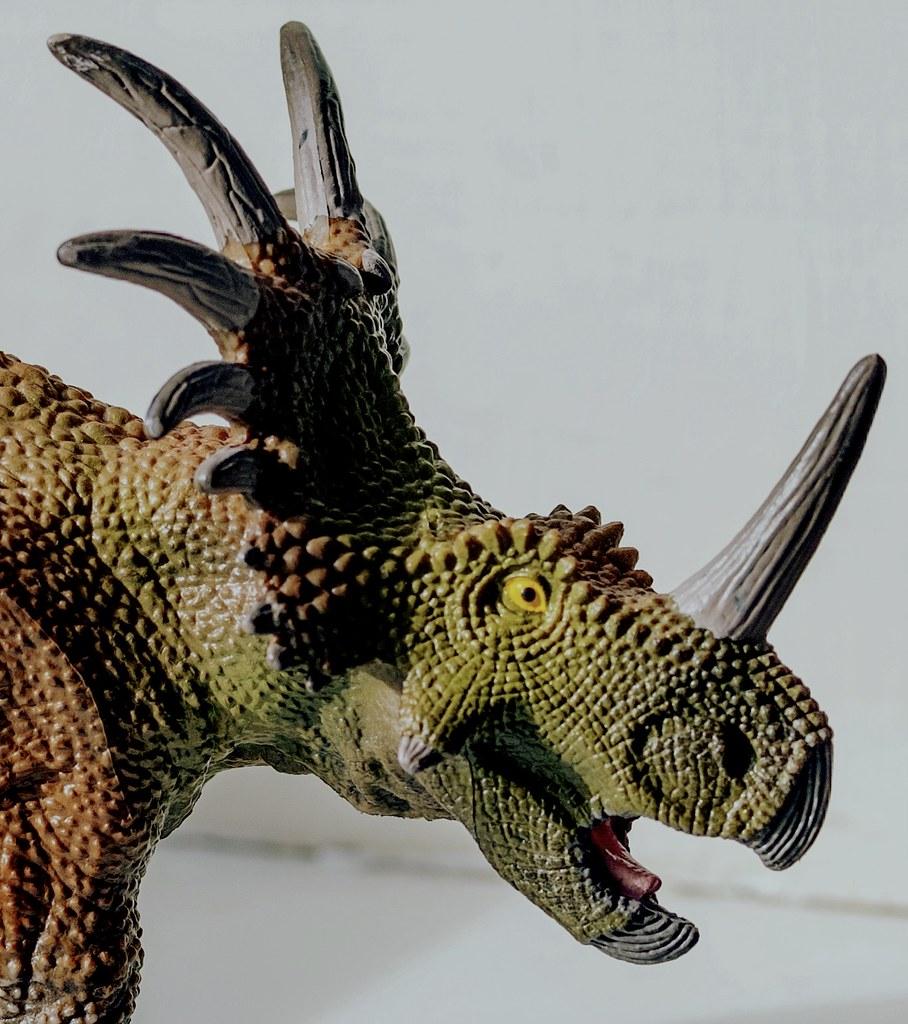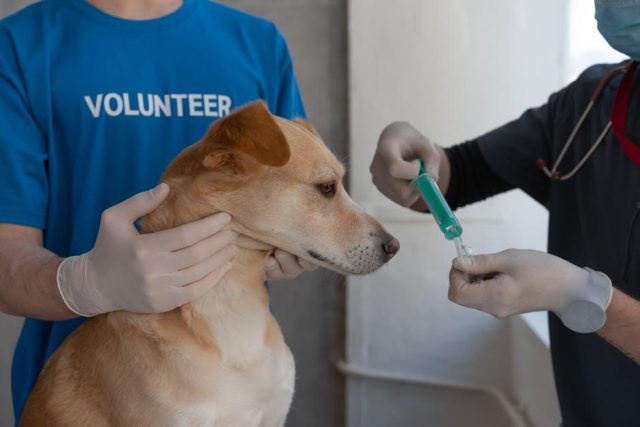In the quiet moments of dawn, as the world slowly awakens, our furry companions stretch, yawn, and greet the day with boundless enthusiasm. Their wagging tails and gentle purrs are a testament to the unconditional love they shower upon us. But amidst the cuddles and playtime, there lies an often-overlooked aspect of their well-being: dental care. Just as we prioritize our own oral hygiene, our pets, too, require diligent attention to their teeth and gums to lead healthy, happy lives.
In this heartwarming exploration, we sit down with Dr. Amelia Brooks, a renowned veterinarian whose passion for animal care is as boundless as the love our pets give. With over two decades of experience, Dr. Brooks has seen firsthand the transformative impact of proper dental care on pets’ overall health. Join us as she shares her invaluable insights, tips, and heartening stories, illuminating the path to ensuring our beloved companions’ smiles are as bright as their spirits.
Understanding Pet Dental Health: Insights from an Expert
In our recent conversation with Dr. Jane Thompson, a renowned veterinarian specializing in pet dental health, she emphasized the critical role of oral hygiene in our pets’ overall well-being. “Much like humans, pets can suffer from a range of dental issues that, if left untreated, can lead to serious health complications,” Dr. Thompson explained. She highlighted that periodontal disease is one of the most common conditions seen in pets over the age of three, affecting their teeth and gums and potentially leading to infections that can spread to other parts of the body.
Dr. Thompson shared some key practices for maintaining optimal dental health in pets:
- Regular Brushing: Using pet-specific toothpaste and brushes to clean their teeth daily.
- Professional Cleanings: Scheduling annual dental check-ups and cleanings with a veterinarian.
- Dental-Friendly Diet: Providing foods and treats designed to reduce plaque and tartar build-up.
- Chew Toys: Offering safe toys that promote chewing, which can naturally clean teeth.
By integrating these habits into your pet care routine, you can help ensure your furry friends enjoy a healthier, happier life.

Common Dental Issues in Pets and How to Prevent Them
Our furry friends can face a myriad of dental problems that, if left unchecked, can lead to serious health issues. Plaque and tartar buildup are among the most common culprits. When plaque hardens into tartar, it can cause gum disease, which in turn may lead to tooth loss. Other frequent issues include bad breath, swollen gums, and tooth decay. But the good news is, many of these problems are preventable with proper care and attention.
- Regular brushing: Just like humans, pets need their teeth brushed regularly. Use a pet-specific toothbrush and toothpaste.
- Diet: Feed your pet a balanced diet that promotes dental health. Crunchy kibble can help reduce plaque buildup.
- Chew toys: Provide safe chew toys that help clean teeth naturally while your pet enjoys playtime.
- Routine check-ups: Schedule regular dental check-ups with your veterinarian to catch and address issues early.
Effective At-Home Dental Care Routines for Your Furry Friends
Maintaining your pet’s dental health at home can be simple and effective with a few dedicated practices. Start with regular brushing using a pet-specific toothbrush and toothpaste. Human toothpaste contains ingredients that can be harmful to pets, so it’s crucial to choose products designed for them. Introduce brushing gradually, allowing your pet to get used to the sensation and taste.
- Dental Chews: These are not only a treat but also help in reducing plaque and tartar buildup.
- Water Additives: Specially formulated to combat oral bacteria, water additives can be an easy addition to your pet’s daily routine.
- Diet: Consider a diet that promotes dental health. Some pet foods are designed to reduce plaque and tartar.
Consistency is key. Just like humans, pets benefit from regular dental care to prevent issues like gum disease and tooth loss. Establishing a routine early on can make a significant difference in their overall health and happiness.

The Role of Regular Veterinary Check-Ups in Maintaining Pet Oral Health
During our conversation, Dr. Jane Smith emphasized the pivotal role that regular veterinary check-ups play in maintaining the oral health of our beloved pets. She highlighted that routine visits are not just for vaccinations and general health assessments, but are also crucial for identifying early signs of dental issues. According to Dr. Smith, common problems such as plaque buildup, gingivitis, and tooth decay can be detected and addressed promptly during these check-ups.
- Early Detection: Regular check-ups allow veterinarians to catch dental problems before they escalate into more serious health issues.
- Preventive Care: Vets can provide professional cleanings and offer advice on effective at-home dental care routines.
- Overall Well-being: Good oral health contributes to a pet’s overall happiness and longevity, preventing pain and discomfort associated with dental diseases.
Dr. Smith’s insights underscore the importance of integrating dental care into regular veterinary visits, ensuring that our furry friends lead healthy, pain-free lives.


































